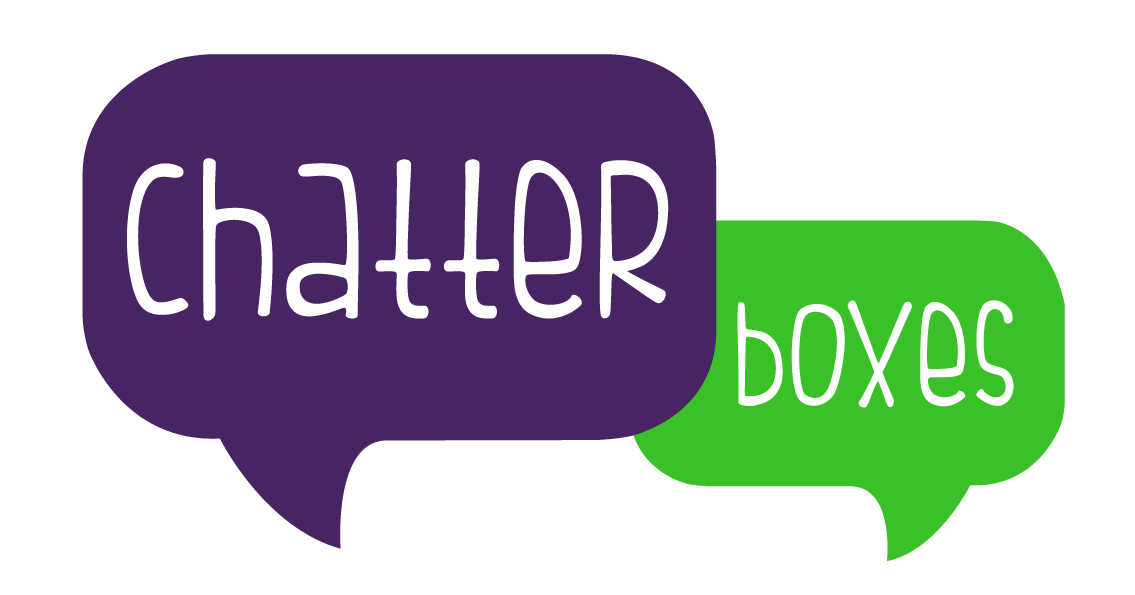Whether you’re an experienced Speech and Language Therapist or a Newly Qualified Speech and Language Therapist, sometimes we can get into a bit of a rut with our CPD (continuing professional development). CPD is very important as not only does it ensure we are constantly developing as therapists, we must also do this to adhere to the standards of the Health Care Professions Council (HCPC).
The HCPC has five standards for CPD, stating that registrants must:
- Maintain a continuous, up-to-date and accurate record of their CPD activities;
- Demonstrate that their CPD activities are a mixture of learning activities relevant to current or future practice;
- Seek to ensure that their CPD has contributed to the quality of their practice and service delivery;
- Seek to ensure that their CPD benefits the service user; and
- Upon request, present a written profile (which must be their own work and supported by evidence) explaining how they have met the standards for CPD.
All this can sound a bit daunting and can also be pushed down the priority list when looking at our massive caseloads! You also may not have many opportunities to be released for CPD. The great news is that a lot of the things we are doing every day ‘count’ as CPD and any additional work will benefit your entire caseload.
What ‘counts’ as CPD?
CPD can be broken down into five different categories. I have listed them below and given examples of what this can include.
Work based learning
- Reflective practice, clinical audits, discussions with colleagues (relevant to your role/development!), shadowing, journal clubs, gaining and learning from experience, in-service training (including any health and safety or safeguarding training), supervision sessions (for both supervisors and supervisees), secondments, job rotation, working with the multi-disciplinary team, management, completing competencies etc.
Professional activity
- Being a member of a CEN, mentoring, lecturing/teaching, involvement in a professional body (e.g. RCSLT), delivering training to others, examiner, organising journal clubs, raising awareness of the profession etc.
Formal/education
- Attending courses (both online and in-person), undertaking research, attending conferences, distance learning courses accredited by a professional body, planning or running a course etc.
Self-directed learning
- Reading journals/articles, reading relevant blogs, reviewing books/articles, looking up conditions/updating knowledge, referring back to university notes, reading the Bulletin, looking up guidance on RCLST website etc.
Other
- Public service, voluntary work etc.
CPD Tips
- Make sure your CPD is as useful and relevant as possible- don’t do extra work just to add it to your CPD diary! Choose things that you were going to do anyway like looking up a particular condition or reading the evidence base about an intervention you were thinking of implementing.
- You don’t have to write everything that ‘counts’ as CPD in your CPD diary. As you can see above, lots of things you are doing as part of your SLT role is CPD and if we inputted everything it would take a very long time. Try to choose things you have done that has impacted your practise or has made you reflect on what you would do differently next time. For example, if you regularly deliver training sessions to large groups of people, you might not want to add each time to your CPD diary but if you had a particularly difficult therapy session with a client, you may want to take time to think about what the reasons for this were and how you can adapt ready for your next session.
- Carry out a wide range of CPD. Make sure you are recording CPD activities from a range of the different categories explained above.
- Keep your CPD records up to date! There is nothing worse than having to try to reflect on an event that happened a few months ago or having to add lots of things to your CPD diary at once. Try to keep on top of inputting these, either by doing this straight after or maybe updating your diary every month.
- Use a recording method that works for you. The RCSLT website has a dedicated CPD diary for every qualified member however if you prefer to keep a handwritten record then that’s fine as well. You might prefer to keep everything online or have a mix- as long as you are able to find this if/when you are audited.
- Think about the impact of each activity on you as a therapist. Rather than just list what you have done, reflect on how this has influenced your practice- who has it benefitted?
- Use CPD to push yourself as a therapist. Seek experiences that will help you to improve and be the best therapist that you can possible be, not just things that are in your comfort zone. Link these to your personal targets.
- Put your own learning higher on your priority list. If you find that you always overlook your own CPD time, maybe think about allocating a certain time to this. Book your CPD in as if it is a meeting or a therapy session. Set an alarm and stick to it!
Check out our 10 tips for being an organised SLT blog to make even more time for CPD!
